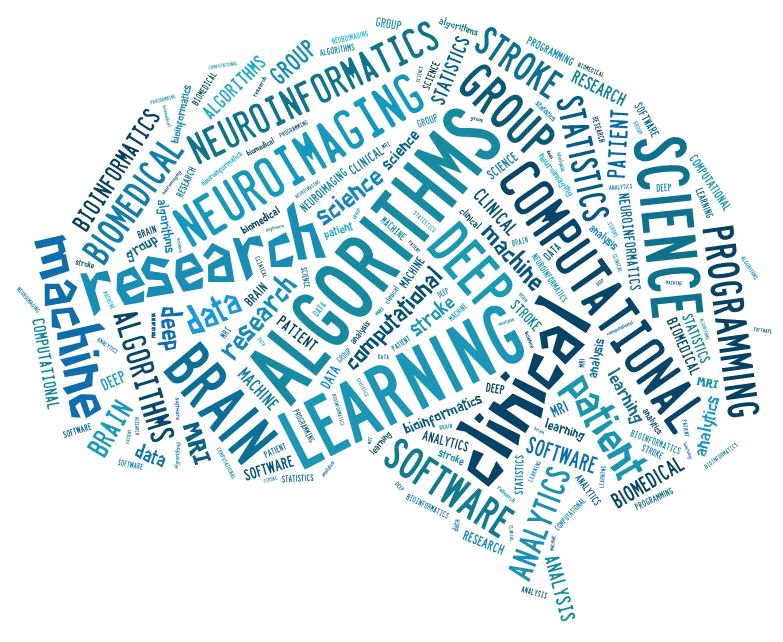Date Published:
2021 12
Abstract:
OBJECTIVE: Electroencephalography (EEG) is an important tool for neurological outcome prediction after cardiac arrest. However, the complexity of continuous EEG data limits timely and accurate interpretation by clinicians. We develop a deep neural network (DNN) model to leverage complex EEG trends for early and accurate assessment of cardiac arrest coma recovery likelihood. METHODS: We developed a multiscale DNN combining convolutional neural networks (CNN) and recurrent neural networks (long short-term memory [LSTM]) using EEG and demographic information (age, gender, shockable rhythm) from a multicenter cohort of 1,038 cardiac arrest patients. The CNN learns EEG feature representations while the multiscale LSTM captures short-term and long-term EEG dynamics on multiple time scales. Poor outcome is defined as a Cerebral Performance Category (CPC) score of 3-5 and good outcome as CPC score 1-2 at 3-6 months after cardiac arrest. Performance is evaluated using area under the receiver operating characteristic curve (AUC) and calibration error. RESULTS: Model performance increased with EEG duration, with AUC increasing from 0.83 (95% Confidence Interval [CI] 0.79-0.87 at 12h to 0.91 (95%CI 0.88-0.93) at 66h. Sensitivity of good and poor outcome prediction was 77% and 75% at a specificity of 90%, respectively. Sensitivity of poor outcome was 50% at a specificity of 99%. Predicted probability was well matched to the observation frequency of poor outcomes, with a calibration error of 0.11 [0.09-0.14]. CONCLUSIONS: These results demonstrate that incorporating EEG evolution over time improves the accuracy of neurologic outcome prediction for patients with coma after cardiac arrest.

